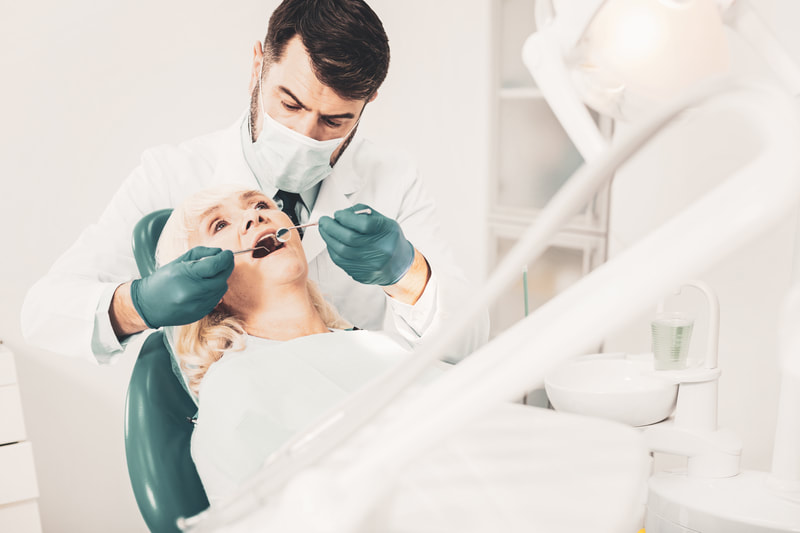Retirement marks a significant phase in life when individuals can finally enjoy the fruits of their labor and the leisure they've earned. As you plan for this new chapter, it's important not to overlook an aspect that significantly impacts your overall well-being: dental health. Just like financial planning, healthcare planning, including dental care, deserves your attention. Here's a guide on how to maintain your dental health during retirement.
Visit the Dentist Regularly
Regular dental check-ups are vital, no matter your age. During retirement, they become even more crucial. Scheduling routine visits to your dentist can help identify potential issues early on and prevent them from escalating into more complex and costly problems. Dental professionals recommend biannual visits for cleanings and examinations. These appointments not only ensure that your teeth and gums remain in good health but also allow your dentist to monitor any existing dental work, such as fillings or crowns. If you have dental insurance, make the most of it. Dental insurance can significantly ease the financial burden of dental care. It often covers preventive services like cleanings, check-ups, and X-rays. Some plans also provide coverage for more extensive treatments. Familiarize yourself with the coverage provided by your insurance and ensure you understand any limitations or exclusions. By utilizing your dental insurance effectively, you can ensure that you receive the care you need without straining your retirement budget.
Focus on Proper Nutrition
A balanced diet not only benefits your overall health but also plays a pivotal role in maintaining good dental hygiene. Adequate nutrition helps strengthen your immune system, which in turn contributes to your body's ability to fight off infections and maintain oral health. Incorporate a variety of foods from all the major food groups to ensure you're getting the essential nutrients your body, and teeth, need. Eating vegetables like carrots can even help prevent plaque from forming. Carrots, along with other crunchy and fibrous fruits and vegetables, act as natural cleansers for your teeth. Chewing these foods stimulates saliva production, which helps neutralize acids and remove particles that could lead to cavities. Dairy products like cheese, yogurt, and milk are rich in calcium and phosphates that strengthen tooth enamel and protect against decay.
Practice Dental Hygiene
Maintaining a consistent dental hygiene routine is essential throughout life, and retirement is no exception. Brush your teeth at least twice a day using fluoride toothpaste to keep your teeth clean and protect them from cavities. Don't forget to floss daily to remove food particles and plaque from between your teeth and along the gumline. During retirement, you may find that you have more time to devote to your oral care routine. Take advantage of this by ensuring you brush and floss thoroughly, reaching all areas of your mouth. Consider using mouthwash to rinse away bacteria and freshen your breath. If you wear dentures, clean them regularly as per your dentist's instructions.
While retirement opens the door to a more relaxed lifestyle, it's crucial to maintain your dental health as a fundamental component of overall well-being. By taking proactive steps to care for your teeth and gums, you can enjoy the golden years of retirement with confidence and comfort.
Did You Enjoy Reading This Article? Here’s More to Read: What To Do if You Travel a Lot in Retirement

 RSS Feed
RSS Feed
